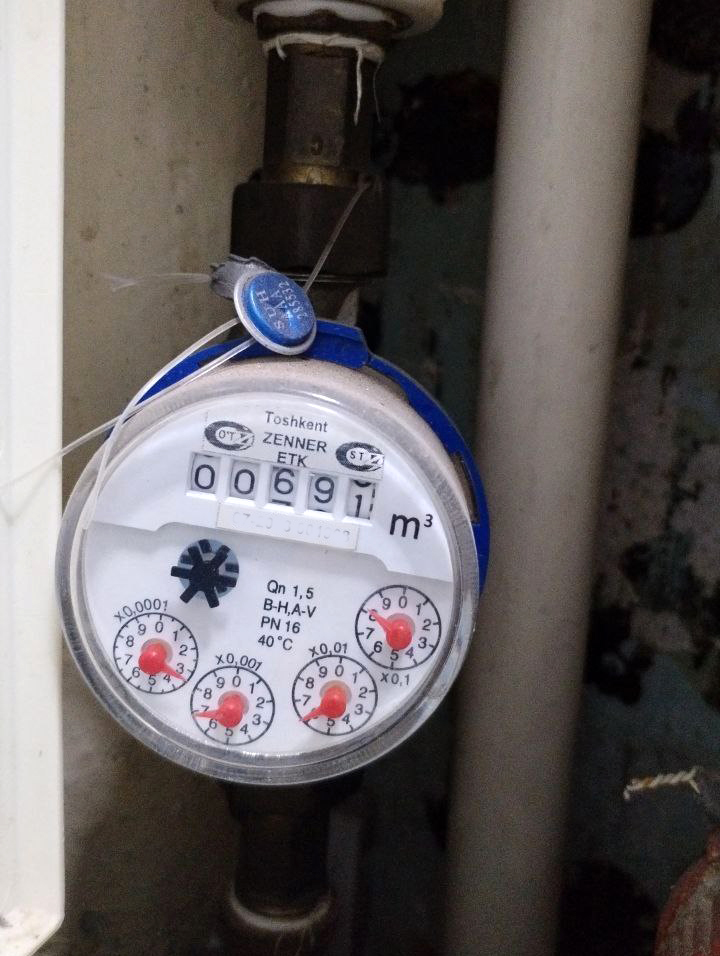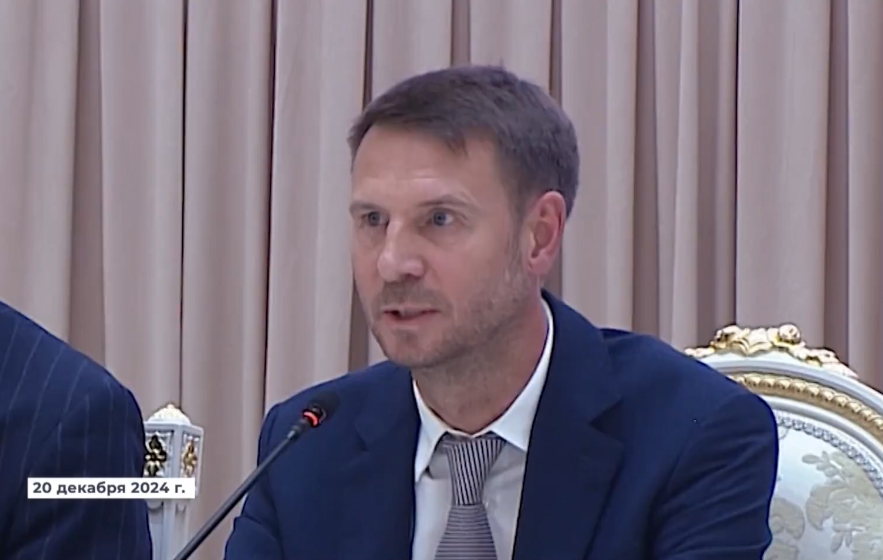This article is also available in:
Русский (Russian)
Uzbek
The situation on the roads of Uzbekistan raises more and more questions and concerns. Every day, we witness drivers breaking traffic rules: speeding, not yielding to pedestrians, ignoring traffic lights. Why does this happen? The simple answer is that they know they won’t face any consequences.
We live in a country where a dangerous culture of impunity for breaking traffic rules has developed. Drivers feel like kings of the road because the current system doesn’t punish them adequately. They’ve become accustomed to the idea that even if they get caught, the fines are not too high, and if they pay quickly, they can even get away with a mere slap on the wrist—a 50 percent discount for prompt payment turns punishment into a trivial formality.
How did we get to this point? The main reason lies in an outdated system of control and punishment that no longer meets modern realities. Law enforcement continues to operate under old, ineffective schemes that have long outlived their usefulness. Instead of implementing modern technologies, strengthening road control, and making punishment inevitable, the system continues to function on the principle of “catch them if you can—if not, pay and forget.” Under such conditions, it’s hard to expect drivers to follow the rules.
Road Situation: A Simulation of Activity or a Real Solution?
Unfortunately, everything happening around the road situation often seems like just a simulation of vigorous activity. When the president or high-ranking officials point out the problem, or when another tragedy occurs, active measures are taken: raids are conducted, checks are intensified, fines are issued. But as soon as attention to the issue wanes, everything returns to how it was before. Drivers once again feel invincible, and officials evade responsibility for what’s happening. This vicious cycle does not help develop a culture of lawfulness among drivers.
Such an approach, where punishment for breaking traffic rules is episodic rather than systematic, cannot instill in drivers a consistent habit of obeying the law. Drivers quickly get used to the idea that there’s nothing to fear from breaking the rules because road control is inconsistent, and punishment is more the exception than the rule.
Examples from Other Countries: How They Handle Disobedient Drivers
In many countries around the world, it has long been understood that strict and effective measures are necessary to maintain order on the roads. Here are some examples of how other countries deal with traffic violators:
Sweden: In Sweden, the Vision Zero program aims to eliminate all road deaths. Drivers who break the rules face hefty fines and serious administrative measures, such as license suspension. In addition, the country actively uses traffic cameras, which are installed on roads and capture any violation, whether it’s speeding or running a red light.
Singapore: This city-state is known for its strict policies on traffic violations. Fines for speeding and other offenses are very high, and repeat offenders face serious penalties, including imprisonment. Furthermore, Singapore has a points system, and drivers who accumulate too many demerit points lose their licenses for a long period.
France: In France, great attention is paid to speed limit enforcement. The country has implemented an automatic violation detection system, and speeding can result not only in fines but also in license suspension for a certain period. Additionally, France actively applies programs to improve road infrastructure and safety, contributing to a reduction in accidents.
Germany: Germany has a strict system of fines for traffic violations. For example, using a mobile phone while driving can result in a fine of several hundred euros and a license suspension for several months. Moreover, the German fine system does not offer discounts for prompt payment, making the punishment more significant. Road control is conducted through a well-developed network of radars and cameras that detect all violations, from speeding to parking in unauthorized areas. A points system is also in place, and when a certain number of points are accumulated, the driver loses their license.
Japan: In Japan, great emphasis is placed on education and road behavior culture. Drivers undergo rigorous training before obtaining their licenses, and for serious violations, such as drunk driving, there are not only hefty fines but also prison sentences. The culture of lawfulness here is at a high level, and drivers understand that any violation can lead to serious consequences.
Finland: A distinctive feature of Finland is a system of fines that are calculated based on the violator’s income. This makes fines particularly impactful for wealthy individuals, as the higher their income, the greater the fine amount. This system encourages all drivers to follow the rules, regardless of their social status or income level.
Australia: In Australia, in addition to large fines, drivers receive demerit points for traffic violations. When a certain number of points is accumulated, the driver can lose their license for an extended period. Moreover, drivers who break the rules are banned from participating in certain public events, creating additional pressure on violators.
How Can This Problem Be Solved?
- Toughening Penalties: The first step should be to increase fines for traffic violations and eliminate discounts for prompt payment. Punishment should be significant and fair so that every driver understands: breaking traffic rules will cost them financially. This will help create a sense of responsibility on the roads.
- Implementing Modern Technologies: Automating road traffic control, using surveillance cameras, and other technical means will help detect violations in real-time. This way, there will be no need to rely solely on the human factor—the system will become more accurate and efficient.
- Enhancing Law Enforcement: Law enforcement agencies need to adapt to new challenges and work more actively with violators. The work should be systematic and aimed at preventing violations, not just punishing them.
- Educational Campaigns: It’s important not only to punish but also to educate. Awareness campaigns in the media and driver education programs will help change attitudes towards traffic rules. People need to understand that following traffic rules is not just an obligation but a necessity for ensuring the safety of all road users.
- Creating a Culture of Lawfulness: To change the situation on the roads, it is necessary to develop a culture of lawfulness. Drivers must understand that traffic rules are not made to be ignored but to preserve lives and health. Punishment should be inevitable, and respect for the law should be the norm.
The problem of impunity for traffic violators in Uzbekistan requires immediate attention and decisive action. The situation, where drivers feel they can break the rules without consequences, is dangerous not only for themselves but for all road users. Only systematic changes and the inevitability of punishment will restore order to our roads and make them safe for everyone. We must remember: road safety begins with each of us, and only together can we change the situation for the better.
The text has been translated by AI. For more accurate information, please refer to the Russian version of the article.











